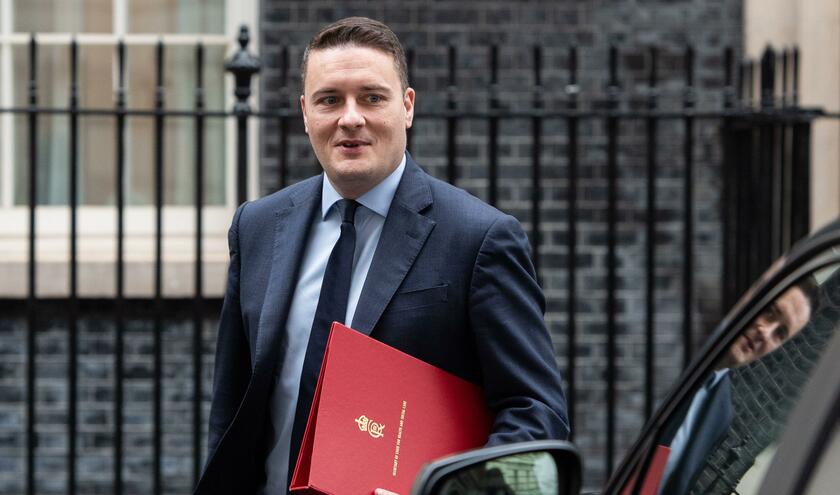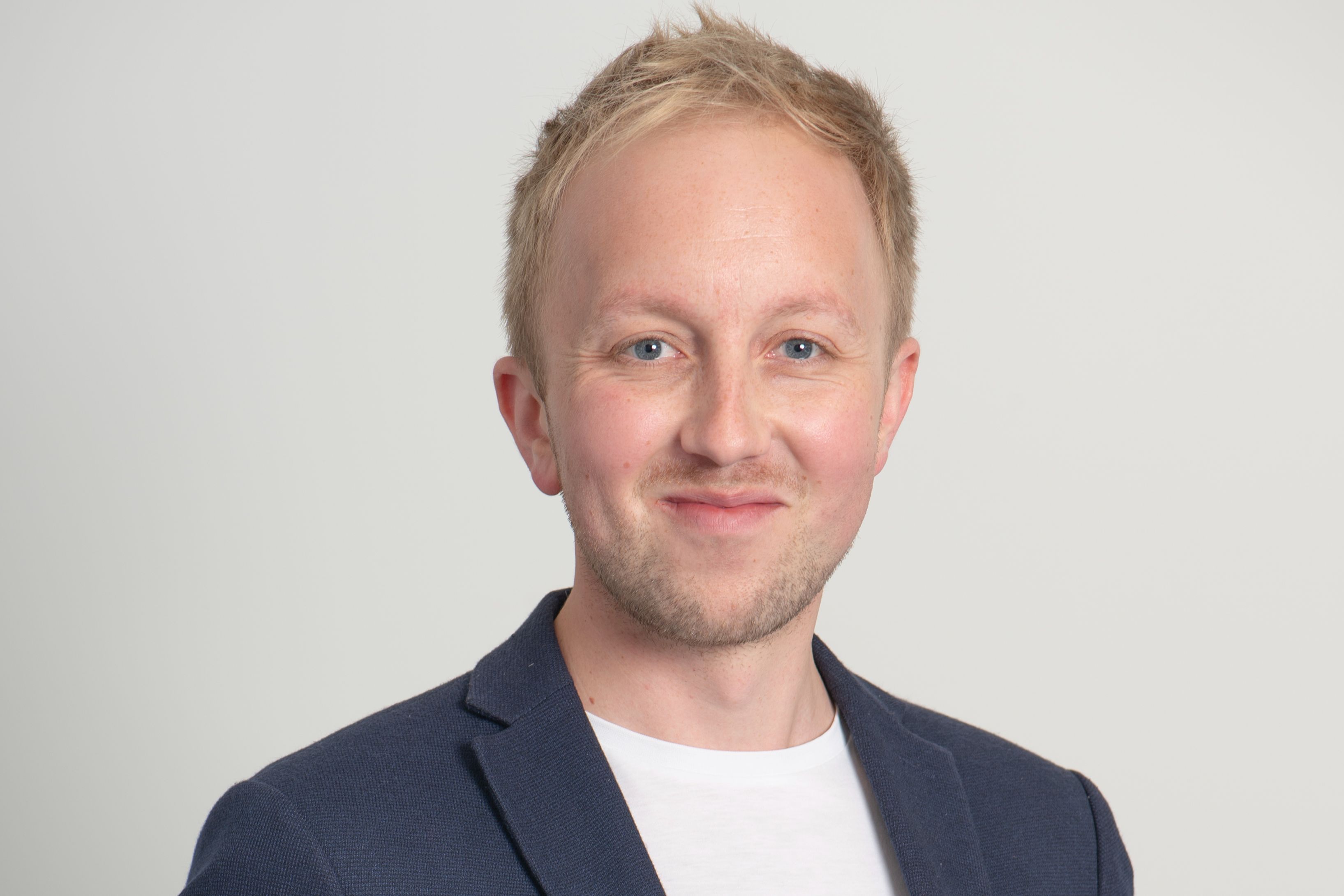The Government said the new passport will eliminate multiple compliance assessments, reducing duplication across the health service. It will be delivered through MedTech Compass, a digital platform developed by DHSC to make effective technologies more visible and widely available.
Wes Streeting, secretary of state for health and social care, said: ‘For too long, Britain's leading scientific minds have been held back by needless admin that means suppliers are repeatedly asked for the same data in different formats by different trusts – this is bad for the NHS, patients and bad for business.
‘These innovator passports will save time and reduce duplication, meaning our life sciences sector – a central part of our 10-Year Health Plan - can work hand in hand with the health service and make Britain a powerhouse for medical technology.
‘Frustrated patients will no longer have to face a postcode lottery for lifesaving products to be introduced in their area and companies will be able to get their technology used across the NHS more easily, creating a health service fit for future under the Plan for Change.'
Matthew Taylor, chief executive of the NHS Confederation, welcomed the move as a ‘positive step towards reducing duplication, making innovation more agile and accessible, and streamlining how technology is rolled out across the health service'.
He cautioned, however, it will be ‘vital to ensure that important compliance processes are also kept in place to safeguard clinical and patient safety, data protection and strict Medtech regulation'.
In addition, Taylor added: ‘It's also important to remember that not all NHS organisations are at the same stage of digital maturity so this will affect their ability to either innovate or implement pre-approved innovation in this passport model.'



